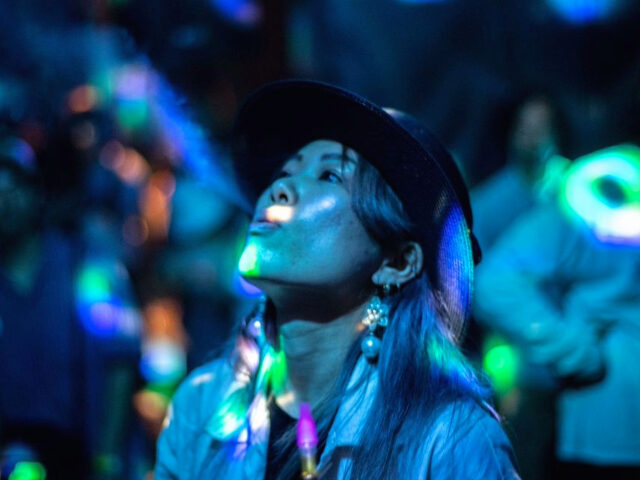Japan on Tuesday announced that six synthetic substitutes for THC, the psychoactive ingredient in marijuana and other cannabis products, will be banned effective January 6 because gummies containing the chemicals are making users sick.
The compound of greatest interest to the Japanese Health Ministry is hexahydrocannabiphorol (HHCP), a synthesized alternative to THC. HHCP and similar compounds are popular in Japan because THC itself is highly illegal. The penalties for possession are steep, with jail sentences of up to seven years awaiting Japanese citizens caught with even minute amounts of marijuana.
Current law does not forbid the use of synthetic compounds that accomplish the same purpose as THC, so a market for edibles and vape cartridges using synthetics quickly flourished.
“I can’t believe I can get this high in Japan, and I’m not breaking the law,” one young user of synthetics exclaimed in 2022.
For a variety of political and bureaucratic reasons, the Japanese government did not simply ban all synthetic alternatives to THC. Instead, it has restricted the compounds one at a time, usually after they were linked to health problems.
In November, a synthetic cannabinoid called HHCH caused five of its users to become so sick they required hospitalization after a man handed out gummies during a festival in Tokyo.
“Since I ate some myself and felt good afterward, I wanted everyone else to eat them,” the man explained when questioned by the police.
Police said they previously investigated reports of people becoming ill after consuming gummies laced with HHCH, although the previous cases were not as severe as those reported at the Tokyo park festival.
The government imposed a ban on HHCH, which went into effect at the beginning of December, inflicting massive losses on shops that sold the popular substance. The short window of time between announcing and implementing the ban left some shop owners with little choice but to destroy their entire inventory.
In mid-December, the Japanese Health Ministry banned a range of 38 items that contained substances similar to HHCH. The new bans targeted HHCP and another synthetic cannabinoid, THCPO, after reports that some users developed “symptoms such as heaviness in the head or the body and a racing heartbeat,” according to the Japan Times.
January 1, 2024, will see the implementation of a wider ban on HHCP and similar substances. Japanese Health Minister Takemi Keizo said at a press conference that Japanese citizens should “refrain from consuming” all cannabinoid-laced candies, “as they are dangerous.” The Health Ministry warned that HHCH and similar substances can cause “hallucinations and memory impairment.”

COMMENTS
Please let us know if you're having issues with commenting.